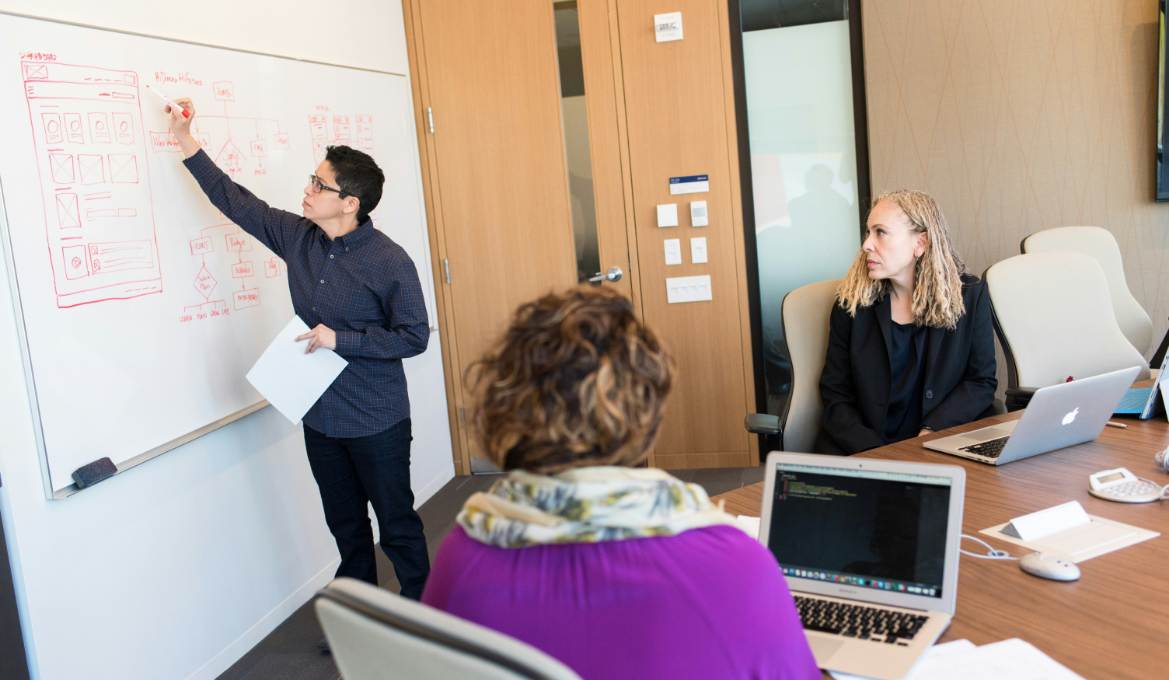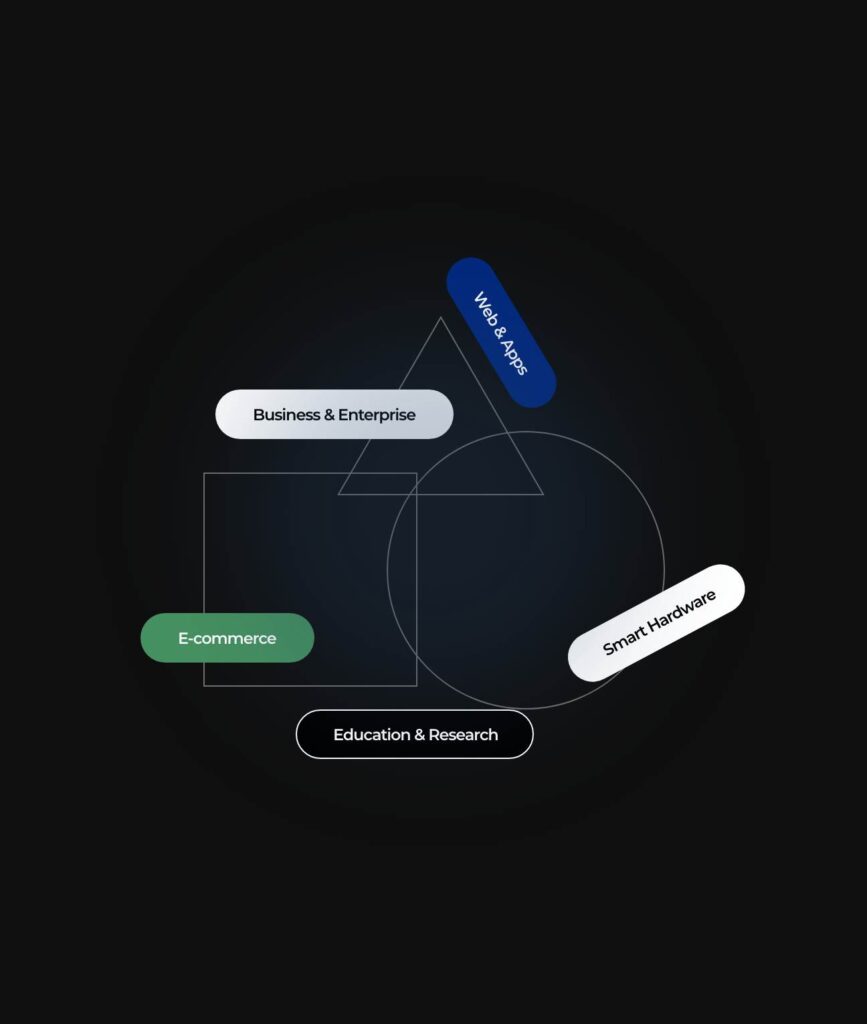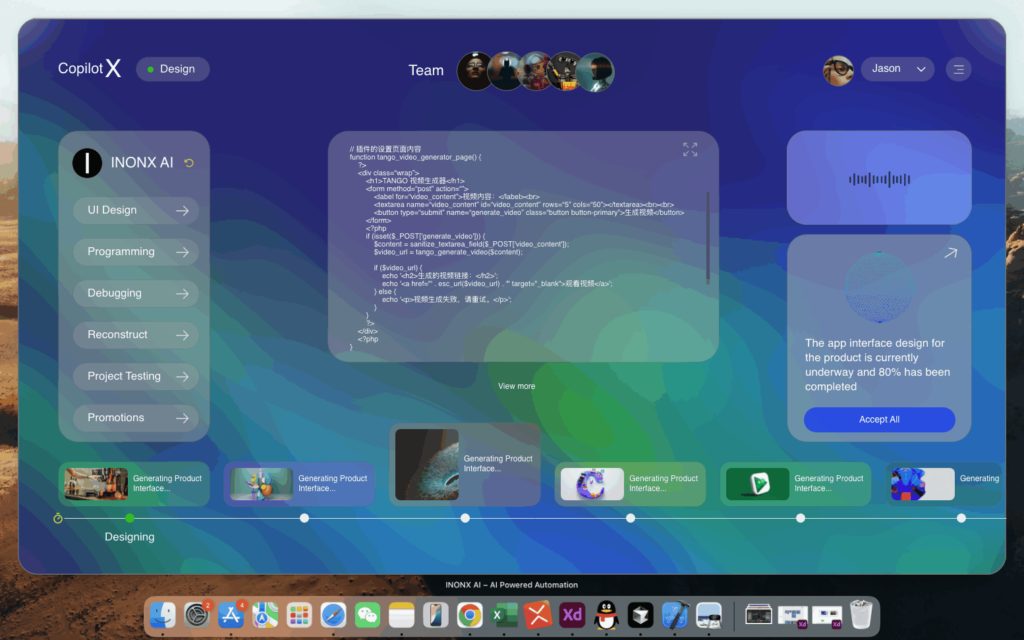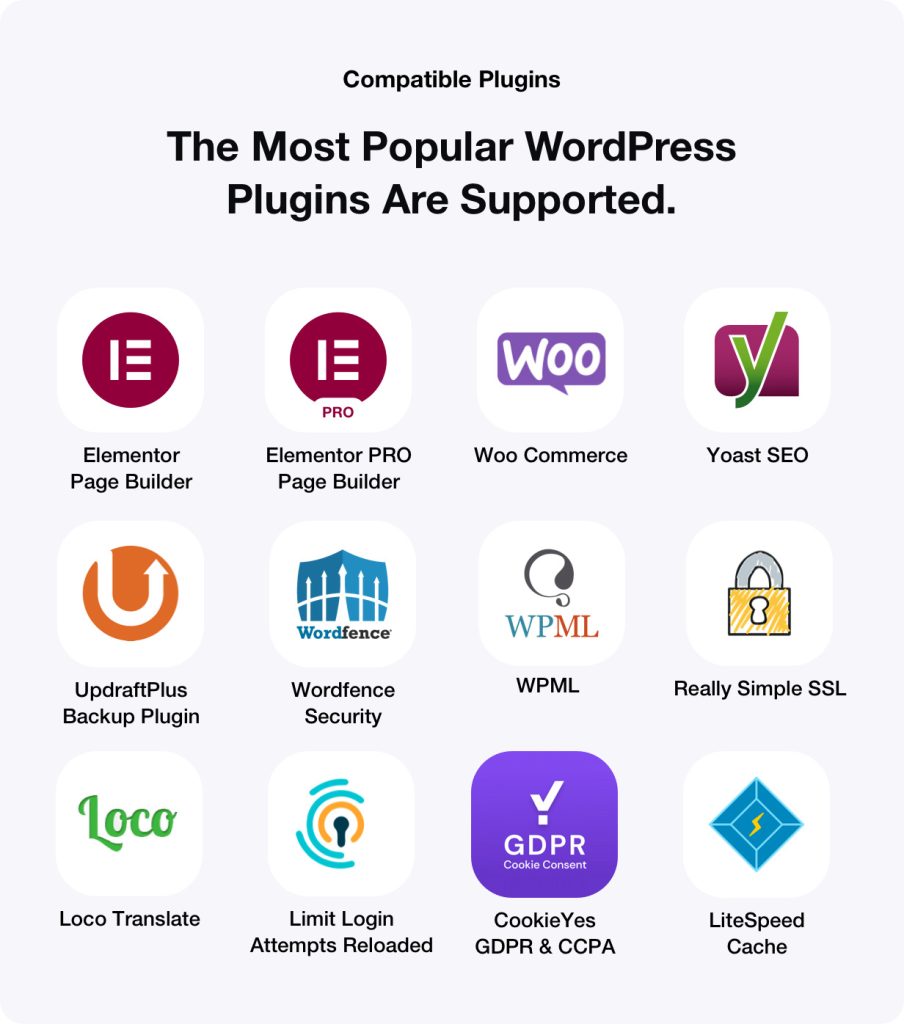The fusion of artificial intelligence (AI) and intelligent automation has revolutionized various industries, significantly altering the landscape of human resource management. As organizations strive for enhanced efficiency and competitiveness, technology has emerged as a cornerstone for achieving optimal results in HR. Through advanced AI products, many companies are reimagining their traditional HR functions, automating routine tasks, and making data-informed decisions. This article delves into the transformative impacts of AI and intelligent automation within human resources, exploring the current trends, practical applications, and forward-looking insights into the future.
.
### The Rise of AI Products in Human Resources
AI products have gained remarkable traction in the HR sector by providing sophisticated tools that streamline many HR processes. More specifically, AI-powered solutions are designed to alleviate mundane administrative tasks, thus allowing HR professionals to focus on more strategic initiatives. According to a report by McKinsey, organizations implementing AI solutions can automate up to 80% of HR tasks, including recruiting, onboarding, and employee engagement.
.
One of the most prevalent applications of AI in HR is recruitment. Traditional methods of talent acquisition can be time-consuming and prone to bias. AI-powered tools, such as chatbots and applicant tracking systems (ATS), can facilitate the hiring process by screening resumes, scheduling interviews, and engaging candidates through automated communication. Tools like HireVue use AI-driven assessments to analyze a candidate’s facial expressions, tone, and word choices to determine their fit for a job.
.
### Intelligent Automation: A Game Changer for HR
Intelligent automation integrates AI with automation technologies to enhance HR’s operational efficiency and effectiveness. This combination allows organizations to automate routine processes while also applying cognitive functions to interpret and analyze data, enabling better decision-making. For example, robotic process automation (RPA) can handle repetitive, rule-based tasks like payroll processing and compliance monitoring with minimal human intervention.
.
According to a report by Deloitte, organizations that adopt intelligent automation in HR can expect a productivity increase of 20-30%. This significant enhancement frees up human resources personnel to engage in higher-value tasks such as employee training and development, strategic workforce planning, and enhancing workplace culture. Intelligent automation can also drive data analytics to boost employee engagement through customized benefits and career pathing, ultimately improving retention rates.
.
### Current Trends Shaping AI in Human Resources
1. **Predictive Analytics**: The use of predictive analytics has surged in HR departments, enabling companies to forecast trends such as employee turnover or future hiring needs. By leveraging historical data and machine learning algorithms, organizations can proactively manage talent pipelines.
2. **Personalized Employee Experiences**: Today’s employees expect tailored experiences related to training, onboarding, and career development. AI tools can analyze individual employee data to provide personalized recommendations, ultimately leading to enhanced satisfaction and productivity.
3. **Enhanced Employee Engagement**: AI-based engagement platforms use data analysis to gauge employee sentiment, engagement levels, and areas needing improvement. Tools such as Glint and Qualtrics utilize real-time feedback to empower HR teams to foster a productive work environment.
4. **Diversity and Inclusion Initiatives**: AI can mitigate unconscious biases in hiring and performance reviews, helping organizations build diverse teams. Solutions like Pymetrics use neuroscience-based games to assess candidates’ strengths and competencies while minimizing bias.
.
### Overcoming Challenges in AI Implementation
Despite the promising benefits of AI products and intelligent automation in HR, organizations must navigate certain challenges. One major hurdle is ensuring data privacy and compliance with regulations such as the General Data Protection Regulation (GDPR) and the California Consumer Privacy Act (CCPA). Companies must prioritize secure data handling and transparent communication with employees regarding the use of AI in HR processes.
.
Additionally, there can be resistance to technological change among HR professionals and employees, often stemming from fear of job displacement. It is crucial for organizations to emphasize that AI complement human efforts rather than replace them. Education and upskilling initiatives should be integrated into adoption strategies to reassure employees about their evolving roles alongside technology.
.
### Future Outlook: The Evolution of AI in Human Resources
Looking forward, the integration of AI in human resources is projected to continue its growth trajectory. A recent Gartner survey found that 56% of organizations plan to invest in AI-driven technologies in HR within the next three years.
.
As AI products become more sophisticated, we expect them to offer deeper analytical capabilities to drive business strategies. For instance, natural language processing (NLP) may enhance interactions between HR personnel and employees, fostering better communication and engagement. Furthermore, as flexibility becomes paramount in the post-pandemic workplace, AI can help organizations implement remote work policies that balance employee satisfaction and business needs.
.
### Conclusion: Transforming HR through AI and Intelligent Automation
AI products and intelligent automation are not merely trends, but essential tools that will redefine the future landscape of human resources. The integration of AI into HR functions enables organizations to not only increase operational efficiency but also create a more engaged and satisfied workforce.
.
To successfully navigate this transformation, businesses need a strategic approach that underlines the importance of data privacy, employee involvement, and continuous education. By harnessing the power of AI and intelligent automation, organizations can position themselves as leaders in the industry, ensuring they attract, develop, and retain top talent in an increasingly competitive market.
.
The journey towards a more intelligent HR is just beginning, and its potential to shape the future of work is paramount. The agility with which organizations embrace AI will be crucial in their ability to thrive in an ever-evolving business landscape.
.
### Sources
1. McKinsey – “The Future of Work: How Artificial Intelligence is Reshaping Jobs”
2. Deloitte – “Intelligent Automation: The New Frontier in HR”
3. Gartner – “Future of HR: AI and Automation Trends”
4. Pymetrics – “Using AI to Build Diverse Teams”
5. Glint & Qualtrics – “Measuring Employee Engagement with AI Tools”


























